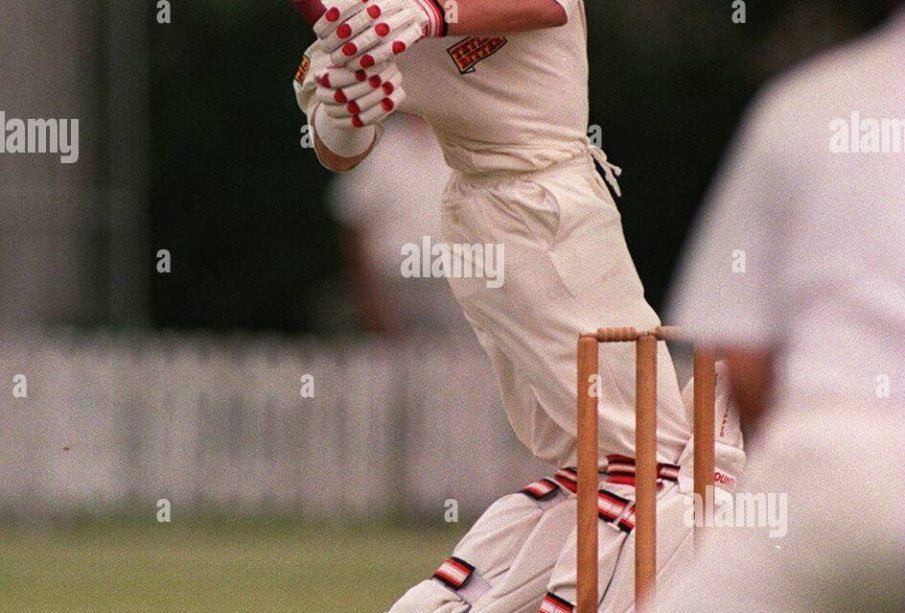The Inspiring Journey of Henry Olonga, Cricket Legend

Introduction
Henry Olonga is not just known for his exceptional skills as a fast bowler in cricket, but also for his courageous stand against injustice in Zimbabwe. As the first black cricketer to represent Zimbabwe, Olonga’s achievements on the field have been paralleled by his contributions to promoting human rights and democracy in his homeland. His story resonates not only with cricket fans but also with those who value resilience in the face of adversity.
The Rise of a Cricket Star
Olonga was born on 3 July 1976 in Lusaka, Zambia, and moved to Zimbabwe in his youth. He made his international debut for the Zimbabwe national team in 1995 and quickly established himself as a formidable bowler, known for his pace and agility. Throughout his cricketing career, Olonga played in 30 One Day Internationals (ODIs) and 50 Test matches, where he was celebrated for his record-breaking performances, including taking a hat-trick against the West Indies in 2000.
Activism and Advocacy
However, Olonga’s legacy extends beyond his on-field exploits. In 2003, he took a bold step by wearing a black armband during a World Cup match to protest against the dictatorship of Robert Mugabe. This act of defiance led to him facing significant backlash from the Zimbabwean government, forcing Olonga to flee his home country. He sought asylum in England, where he continued to speak out against human rights abuses and became an advocate for democracy.
Life After Cricket
Since retiring from professional cricket, Olonga has pursued a career in music, becoming a singer-songwriter and releasing multiple albums that reflect his life experiences and activism. He has also remained involved in cricket through commentary and coaching, and he has expressed a desire to inspire the next generation of cricketers, particularly from disadvantaged backgrounds.
Conclusion
Henry Olonga’s journey exemplifies the intersection of sport and social justice. His courage in speaking out against oppression has made him a symbol of hope for many in Zimbabwe and around the world. As global discussions on human rights continue to evolve, Olonga’s story serves as a poignant reminder of the power of standing up for one’s beliefs. For cricket enthusiasts and activists alike, his life’s work offers invaluable lessons in integrity, change, and the enduring spirit of a true champion.









